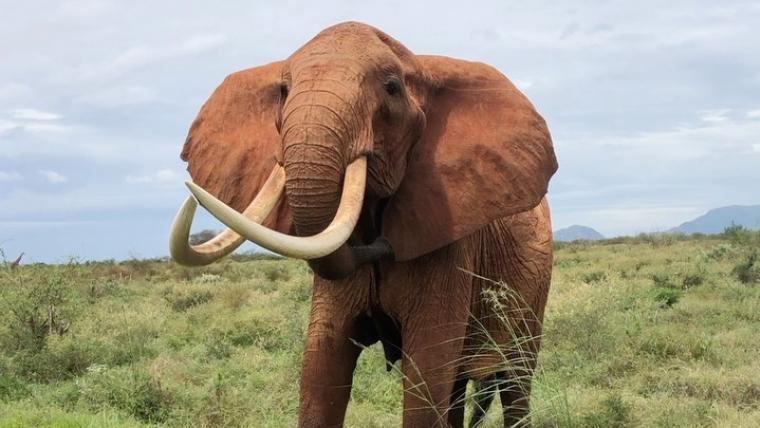
How a childhood encounter with a pangolin led this researcher to her life’s purpose
Did you see that – a low-slung creature lumbering at the edge of the trees? Elisa Panjang had never spotted an animal like it before. After asking her mother, the 10-year-old girl learnt that the scaly critter was a ‘tenggiling’, or pangolin. Panjang’s life purpose had just strolled by. She went on to study biology and conservation, and has dedicated her career to reversing the damage done to the natural world. For the conservationist, that chance childhood encounter in the rainforests of Malaysia could not have come soon enough. Pangolins are the most trafficked mammal on the planet, and they need all the guardians they can get.
“I will never stop fighting for those who cannot fight for themselves,” Panjang says. All eight pangolin species across the world are under severe threat, including the critically endangered Sunda, which Panjang researches and protects. Poached for their scales, which are used in traditional medicine, their numbers are plummeting. Slow, shy, and elusive, these animals roll into balls when they feel frightened. Unfortunately, this tactic makes them easy targets to be picked up by hunters. “The people in my country view pangolins as money walking,” Panjang says. “There are no medicinal or healing properties in pangolin scales. If people don’t realise this soon, the future is bleak.” As of 2016, the trade of pangolins was made illegal worldwide, and Panjang is hard at work driving that message across Malaysia.
Along with the Danau Girang Field Centre, Panjang challenges the existing notions about pangolins through a series of travelling workshops and educational roadshows. By emphasising the value of pangolins to children, she ensures that the next generation will safeguard the species. “A lot of my work involves advocacy and outreach,” Panjang says. In the few years that she’s been doing it, she has already seen perceptions shift. People who used to poach and sell pangolins now phone her instead when they discover one. “By showing people the true beauty of wildlife, they can learn to appreciate it,” Panjang says.
Footage by Scubazoo was used in the creation of this film.






























Please sign in to leave a comment